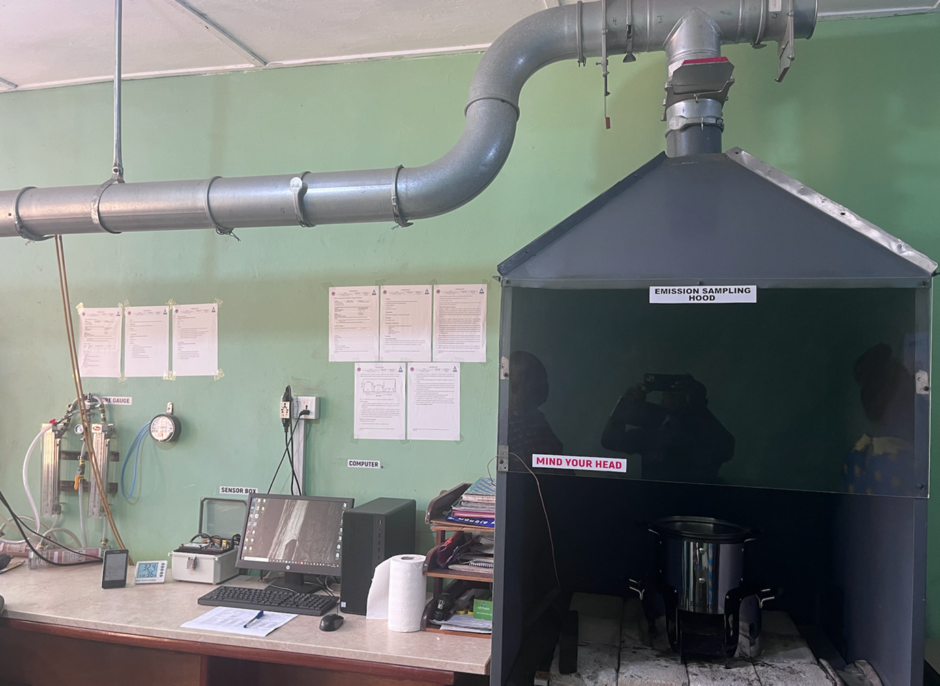
Clean Cooking Alliance, the capacity of cookstove laboratories, including that of IIR-CSIR was built to meet international standards.
“When you bring your stove here for testing, the results will be the same or similar to the result you will get from other labs in the world,” he said.
He stated that the lab had become more relevant as the country sought to rigorously pursue clean cook technology to meet its climate actions of reducing emissions and also trading the carbon saved to support adaptation activities.
“Per the current legislation instrument, an individual or company that wants to trade in an improved cookstove needs to secure test results from the CSIR-IIR lab before the relevant institutions such as Ghana Standard Authority and Energy Commission allows you to go ahead,” he said.
Dr Tornyie said in a month, the lab could conduct ISO test on about 15 cookstoves, adding that the lab could do more with support to expand its facilities.
He said the lab scientists provided technical advice to companies, co-design stoves, test, and conduct user, adoption, and efficiency research.
The original mandate of the Center is to work to ensure the testing of stoves, supporting government and industry in the promotion of clean cooking solutions to reduce fuel use and providing access to improved stoves to replace inefficient stoves that produce soot linked to respiratory diseases.
“The lab has upgraded and positioned itself in the scheme of things. We have taken the lead and due to its vibrancy our facility has been identified to host training for personnel from labs in other African countries and outside Africa,” he said.
Dr Reginald Quansah, a Senior Lecture at the University of Ghana, Legion, said exposure to smoke from traditional cookstoves and open fires – the primary means of cooking for many Ghanaians, caused premature deaths, with women and children particularly affected.
He noted that toxic cookstove smoke contributed to a range of chronic illnesses and acute health impacts such as pneumonia, bronchitis, cataracts, lung cancer, cardiovascular disease, low birth weight and burns.
“…In the case of pregnant mothers, the smoke particles get into the mother’s system and even travels to the baby’s system and interact with the growth,” Dr Quansah said.
He noted that advanced cookstoves and cleaner fuels now existed and, if deployed at scale, could save millions of lives, while improving countless others, empowering women, creating opportunities for the poor, and reducing negative environmental impacts.
The World Health Organisation estimates that harmful cookstove smoke is the fifth leading cause of death in developing countries.
Reliance on biomass for cooking forces women and children to spend many arduous hours each week collecting fuel.
The use of biomass for cooking also increases pressures on natural resources and contributes to climate change at the regional and global level.
By dramatically reducing fuel use and exposure to harmful cooking smoke, clean and efficient cookstoves and fuels deliver a wide range of health, environmental, livelihoods and gender benefits, while serving as a worthwhile investment that can rapidly offset the upfront costs.
****
This story was a collaboration between Ghana News Agency and New Narratives as part of its Clean Air Reporting Project. Funding was provided by the Clean Air Fund. The funder had no say in the story’s content
